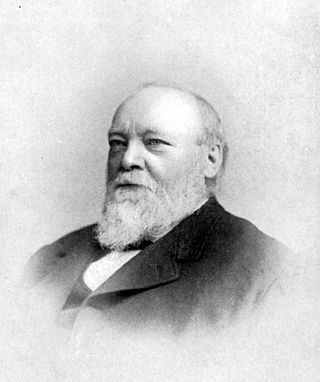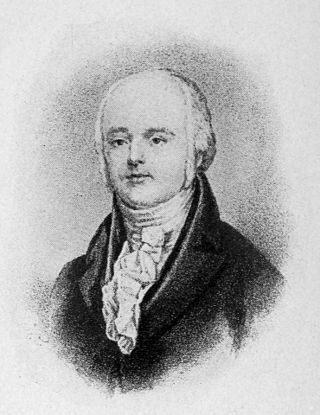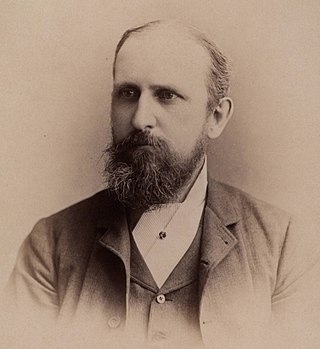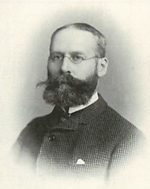James Cutbush | |
|---|---|
| Born | 1788 |
| Died | 15 December 1823 |
| Occupation | Chemist |

James Cutbush (born 1788 in Pennsylvania; died at West Point, New York, on 15 December 1823) was an American chemist.
James Cutbush | |
|---|---|
| Born | 1788 |
| Died | 15 December 1823 |
| Occupation | Chemist |

James Cutbush (born 1788 in Pennsylvania; died at West Point, New York, on 15 December 1823) was an American chemist.
Concerning his early history, very little is known, except that he taught chemistry. He was appointed to the United States Army with the rank of assistant apothecary-general in 1814, served first in Philadelphia, was afterward attached to the northern division of the Army, and was chief medical officer of the U. S. Military Academy and the Army post at West Point from June 1820 until November 1821. On the reorganization of the Army, he became assistant surgeon and acting professor of chemistry and mineralogy at West Point, in which capacity he continued until his death. He was president of the Columbian Chemical Society in Philadelphia. [1]
In 1814, Cutbush was elected as a member of the American Philosophical Society. [2]
He wrote several papers in the earlier volumes of Silliman's American Journal of Sciences,” and was the author of:
His brother Edward Cutbush was a noted surgeon and professor of chemistry.

William Ripley Nichols was a noted American chemist.

William Paul Crillon Barton, was a medical botanist, physician, professor, naval surgeon, and botanical illustrator.
Daniel Dod was a mathematician and a mechanical engineer. He fabricated the engine for the first steamboat to cross the Atlantic Ocean.
James Freeman Dana was an American chemist.

Frederick Augustus Ludwig Karl Wilhelm Genth was a German-American chemist, specializing in analytical chemistry and mineralogy.

James Blythe Rogers was a United States chemist.

Robert Empie Rogers was a United States chemist.
Charles Avery Doremus was a United States chemist.

Peter Dirck Keyser was a United States ophthalmologist.

Henry Carrington Bolton (1843–1903) was an American chemist and bibliographer of science.

William Williams Mather was an American geologist.

Charles Arad Joy was a United States chemist.

James Woodhouse was an American surgeon and chemist.

Alexander Hodgdon Stevens was an American surgeon who served as the second President of the American Medical Association from 1848 to 1849.
John Gorham was an American physician and educator.

William Henry Chandler was an American chemist.

John Trout Greble was a soldier in the United States Army and the Union army in the American Civil War. He was killed at the battle of Big Bethel, and was the first graduate of the United States Military Academy to be killed in the war.

John Howard Appleton was an American chemist.

Archibald Bruce was an American physician and mineralogist.

Franklin Bache was an American physician, chemist, professor and writer from Pennsylvania. He taught chemistry at West Point Academy, the Franklin Institute, Philadelphia College of Pharmacy and Jefferson Medical College. He published several scientific textbooks including a pharmacopoeia with Dr. George B. Wood in 1830 that became the basis of the U.S. Pharmacopoeia and U.S. Dispensatory. He was the first American to perform original research on the study of acupuncture for the treatment of pain.